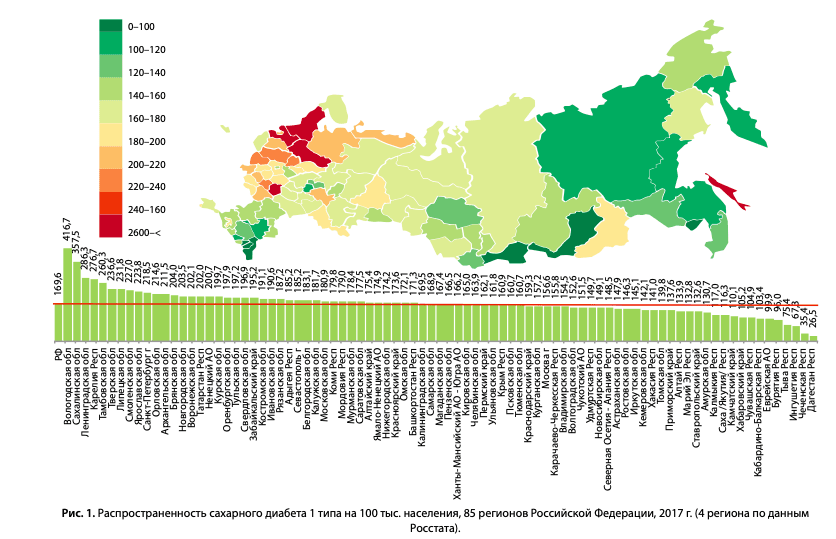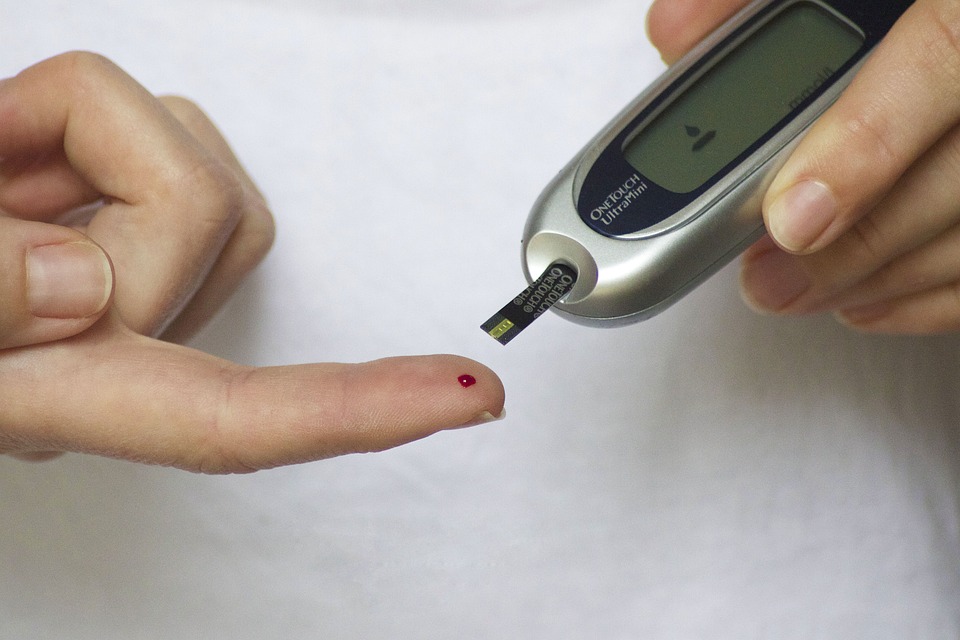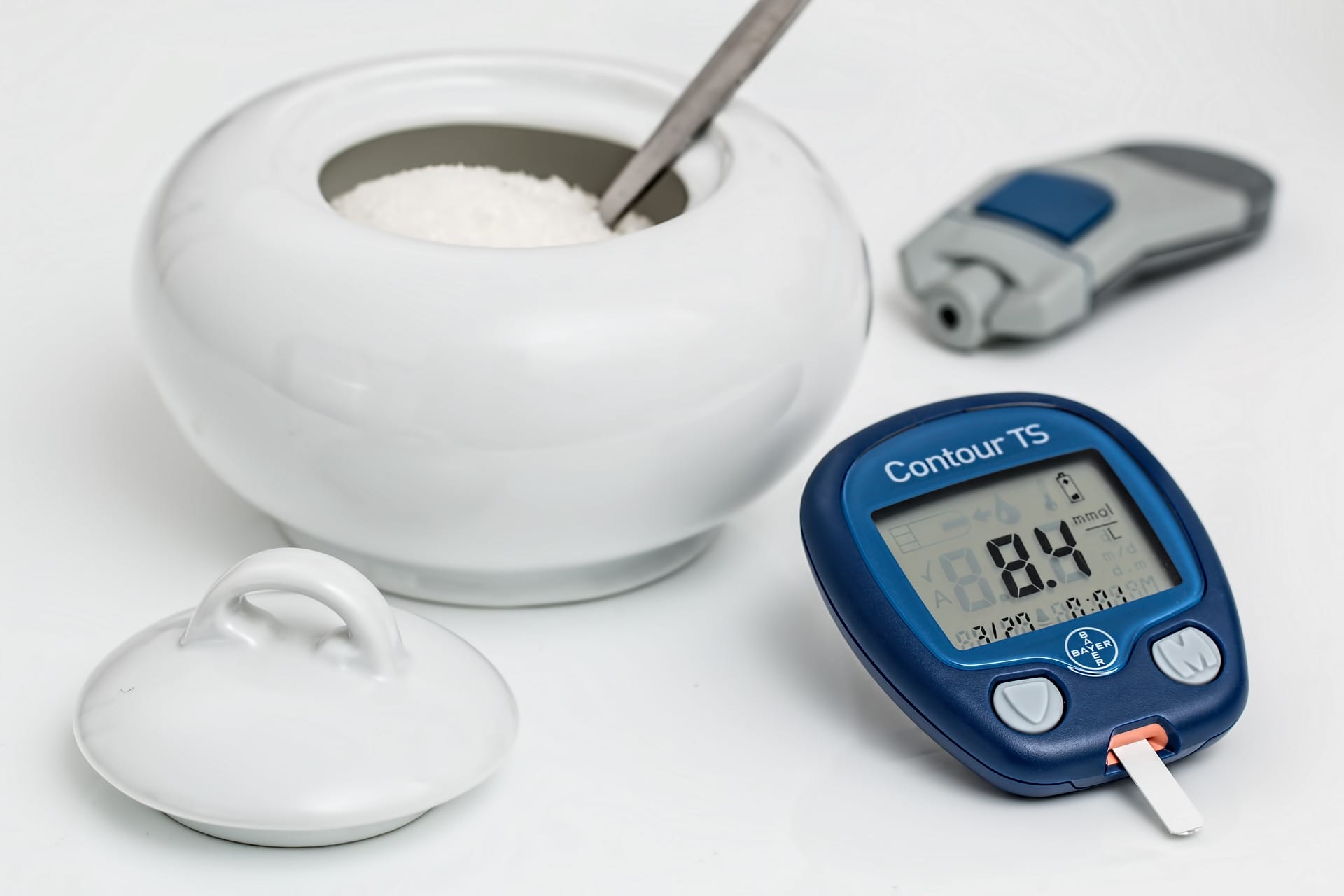A common belief is that consuming large amounts of sweets every day makes a person more likely to develop diabetes. We decided to check whether this fear has a scientific basis.
Many of us in childhood scared, What excessive eating sweets can provoke development of a serious disease - diabetes mellitus. With such threats share people on websites and forums, and some continue to broadcast them to their children. Numerous media outlets are asking the same question: Meduza, TASS, "Komsomolskaya Pravda", "Gazeta.ru" And "Arguments and Facts". Websites trying to find answers from experts pharmacies and medical clinics.
Diabetes mellitus (DM) is actually not one specific disease, but a collective Name groups of pathologies of the endocrine system associated with disruption of the process of glucose absorption. They develop due to a deficiency of the hormone insulin and lead to hyperglycemia - a persistent excess of normal blood sugar levels. Insulin deficiency can be caused by two different conditions. In the first case, the body itself is not able to produce the hormone in the required quantities, and in the second case, enough hormone is produced, but the body cannot use it correctly, that is, so-called insulin resistance occurs.
Diabetes that occurs due to insufficient hormone production is called diabetes first type, and a condition caused by a decrease in the body's sensitivity to insulin is called diabetes second type. These two diseases are the most widely known, but there are other types of diabetes. For example, LADA (aka type 1.5 diabetes, or latent autoimmune diabetes of adults) or gestational DM (DM in pregnant women). IN diagnostic criteria The American Diabetes Association lists more than ten forms of diabetes, as well as pathologies associated with its development, and medications that can trigger the disease.
By data WHO, 422 million people around the world are diagnosed with diabetes, and 1.5 million people die every year from causes directly related to it. According to calculations Rosstat, in 2021, 5.1 million people with this diagnosis lived in Russia, in 2020 from diabetes died 51,200 people. That is, at the height of the epidemic of the new coronavirus infection, when mortality was already increasing, diabetes became the cause of death for 2.5% of all deceased Russians.

DM is a well-studied pathology, its first descriptions meet back in the treatises of Ancient China, Egypt and Antiquity, and the term itself was proposed by the Greek physician Aretaeus from Cappadocia (2nd century BC). Therefore, the reasons that cause it are also well known.
Thus, type 1 diabetes occurs due to the destruction of the beta cells of the pancreas, which normally produce insulin. These cells, in turn, can be destroyed due to several factors. Most main one of them is heredity. In particular, if both parents are diagnosed with the disease, then the child has a 25% chance of also suffering from diabetes. Revealed more than a dozen genes responsible for predisposition to diabetes. There are suggestions that some viruses (in particular, cytomegalovirus, virus mumps, rotavirus, and also virus Coxsackie). However, convincing evidence of this relationship has not yet been obtained. It is also known that certain chemical substances can selectively affect insulin-producing pancreatic cells, thereby triggering diabetes. According to information Mayo Clinic (USA), the incidence also has a regional character (the further a person lives from the equator, the higher the risk) and two age peaks (from 4 to 7 and from 10 to 14 years). There is no scientific evidence that excess cake eaten in childhood can trigger such a dangerous disease as type 1 diabetes.
Type 2 diabetes is usually develops in adults, but recently it has also been detected in children. The main risk factors are excess body weight and obesity, sedentary image life, age over 45 years, hypertension, low good cholesterol and high bad cholesterol, a parent or sibling already diagnosed with diabetes, and race (African Americans, Alaska Natives or Hawaiians, Hispanics, and Pacific Islanders and South Asians have a higher risk of type 2 diabetes). There is also evidence that those with diagnosed depression or syndrome polycystic ovaries.
Less common types of diabetes also have nothing to do with sweets. Gestational diabetes arises in pregnant women due to the increased production of sex hormones (estrogens and progesterone, as well as human chorionic gonadotropin) and the hormone cortisol, which suppress the action of insulin. LADA diabetes is an autoimmune disease disease, in which the body attacks its own beta cells that produce insulin. MODY-diabetes ariseswhen, due to a gene mutation, pancreatic cells do not produce enough insulin.

Thus, neither type of diabetes can be caused by eating sweets on their own. It should be taken into account that the main risk factor for type 2 diabetes is overweight and obesity. Excessive consumption of sweets can cause obesity. True, you can just as easily gain extra pounds by consuming unlimited fast food, fast carbohydrates, or simply not adhering to the basics of proper nutrition.

Mostly not true
Read on the topic:
If you find a spelling or grammatical error, please let us know by highlighting the error text and clicking Ctrl+Enter.






